India is now Kenya’s top source market for imports ahead of its Asian rivals China and the United Arab Emirates, in what is seen as the clearest shift yet by Kenya to the East for international trade.
Fresh data from the Kenya National Bureau of Statistics show the value of imports from India opened a clear gap ahead of the two in 2012 – the results of enhanced trade relations between Kenya and India in recent years.
Eleven-month data for 2012 published in the Leading Economic Indicators (December) shows the value of imports from India has increased to Sh174.6 billion, way ahead of China’s Sh154.7 billion and the UAE’s Sh138.2 billion.
Kenya is a net importer of capital goods such as petroleum products, machinery and equipment, vehicles and non-food industrial supplies.
Imports from India in 2011 amounted to Sh148.8 billion, second after the UAE’s Sh181.4 billion. Those from China were worth Sh144 billion in the same year.
Analysts say India has managed to clinch the lion’s share of Kenya’s import volumes because of, among others, the prevailing cordial foreign policy between the two countries since Kenya gained independence, relatively cheaper goods, quality, and proximity of its ports to Kenya.
The main imports from India include textiles, petroleum products obtained from bituminous minerals (other than crude), medical equipment and drugs, pharmaceuticals, flat-rolled iron and non-alloy steel products, electrical goods, food-processing machinery, special purpose motor vehicles and trucks among others.
“There are quite a number of factors why Kenya is importing more from India. For instance, you will realise that many products on sale in Kenyan retail stores – such as textiles (garments) – come from India. They are cheaper and as we know, Kenyan consumers are sensitive to price, making these a top choice,” said Tiberius Barasa, the executive director of the Centre for Policy Research, a governance and public policy analysis think-tank.
“But we are realising that it’s not just about price but also quality that is standing out for Indian imports, and this is something that can definitely be sustained in the near-term. Regional proximity of India also makes it easy to travel to and to transport goods to Kenya,” said Barasa.
The Indian High Commissioner to Kenya Sibabrata Tripathi echoes these sentiments, saying that a combination of factors does indeed make India a market of choice for Kenyan importers.
“These include proximity, particularly of ports on the west coast of India, price-related factors and not least, quality of products,” said Tripathi.
He says that although Kenya accounts for less than one per cent of India’s global exports, its importance as an export destination is highly valued by Indian exporters.
“They (Indian exporters) travel to Kenya frequently as do Kenyan importers to India and close attention is paid to the specificities of the Kenyan market.”
According to him, there is increased Indian interest in Kenya as an investment destination as well, with Indian investors dotting sectors such as medical diagnostics, communications and petroleum refining. Indian firms are also gaining presence in contracting areas such as construction and ICT.
Indeed, a good example is Delta Corp East Africa Ltd – a subsidiary of India’s Reliance Industries owned by billionaire Mukesh Ambani – which has huge investments in Kenya’s real estate development. Mukesh co-owns DCEAL with another Indian firm, Bombay Stock Exchange-listed Delta Corp, which has a 40 per cent stake in the venture.
The real estate firm has made the two biggest single property sale deals in East Africa in the past two years. In 2011, DCEAL sold a 21-storey office tower to the World Bank Group at Sh2.2 billion, and has reportedly sold its latest office complex in Westlands, Delta Corner, at Sh4 billion.
The rivalry between Asian countries leaves traditional European source markets for Kenyan imports as the major losers, as trade volumes between them and Kenya have been declining as it increasingly turns to Asia.
This shift – which has been bold during President Kibaki’s regime – has edged out prominent British firms whose contracts with the government have been running for decades. The country has in recent years opted to ship even the all-important military equipment, vehicles and gear from Asia, China in particular.
Imports from the UK, for instance, amounted to Sh42 billion from January to November 2012 – less than a quarter of imports from India in the same period.
“Kenya and India’s foreign policies have been friendly right from independence, and neither country has regarded the other as enemy at any one time. What we have seen is the deepening and consolidation of this, and extension to sectors such as construction and services,” said Barasa.
Kenya imported goods worth Sh19.3 billion in November alone from India as it further tightened trade relations with the Asian tiger. Imports from the UAE amounted to Sh13.2 billion, while China’s were worth Sh12.1 billion in the period, according to the KNBS data.
“The reason why China might be thought to be to be doing booming business with Kenya is because of its presence in key projects such as roads. That’s where it has an upper hand perhaps over Asian rivals, plus it can afford to give Kenya grants – that’s its competitive edge. India has its own challenges and may not afford to give grants,” said Barasa.
A trade imbalance however exists between Kenya and India, as the latter does not feature among the top 10 major destinations for the country’s exports. This is attributable to Kenya being a net importer.
Kenya’s exports are mainly agricultural products such as tea, coffee and cut flowers as well as hides. The major destinations for Kenyan exports are Uganda, Tanzania, UK, Pakistan, Netherlands, Egypt, USA, Rwanda and Germany.
“The bilateral economic partnership between our two countries should not be seen through the growing trade volume alone,” Tripathi said, adding that diplomatic exchanges between the two countries, particularly at cabinet level, have played an important role in improving trade relations.
There are about 40 top Indian firms with offices in Kenya currently – including three banks and a number of insurance firms – which are proof of the increasingly cosy trade relations with Kenya.
“India also offers lines of credit to its African partners, Kenya included,” said Tripathi.
Commonality of business languages – besides the proximity of ports on India’s west coast, price-related factors and product quality – may as well partly explain the swelling trade volumes that have catapulted India to be top choice for Kenyan importers.
According to Barasa, relations between Kenya and India are likely to deepen and grow going forward as the country moves away from Europe and America to Asia and other Africa countries.
“There is a big market here for Indian goods which India may not want to lose,” he said.
The Indian business community has also in recent years become active in participating in both product-specific and general trade fairs held in Nairobi, facilitated and co-ordinated by the High Commission’s Commercial Office.
In addition, a growing number of young Kenyans are opting to study or train in India either on scholarships or self-sponsorship, which shows the relationship between the two countries goes beyond ‘raw’ business if we can put it so.
“We, in association with the Government of Kenya, administer over 100 fellowships up to doctoral level under the India Technical and Economic Co-operation (ITEC) and other programmes,” said Tripathi.
He said Kenya is also an emerging market for Indian tour operators, while Indian consultants offer services in areas ranging from road construction to hotel management.
- See more at: http://www.the-star.co.ke/news/article-106899/india-elbows-way-become-kenyas-top-import-market#sthash.PUlCOZSI.dpuf
India elbows way to become Kenya's top import market
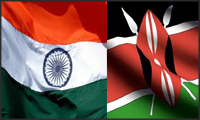



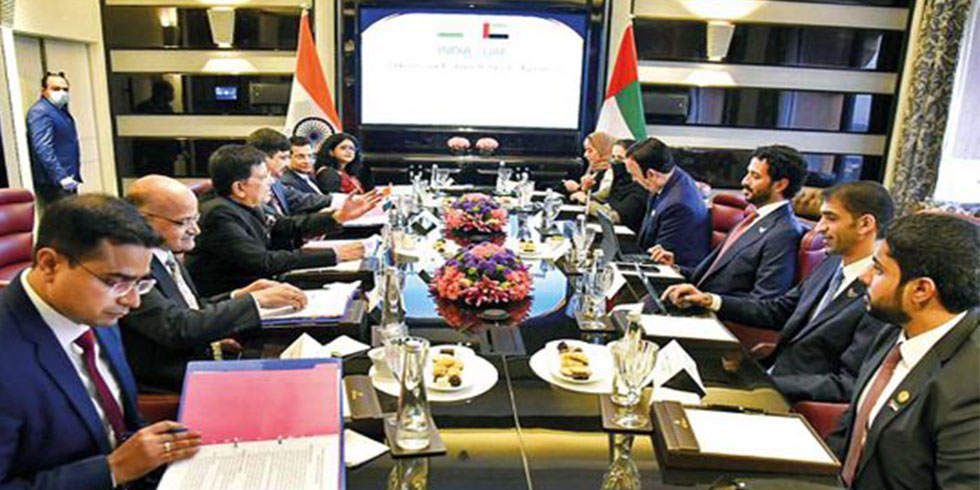
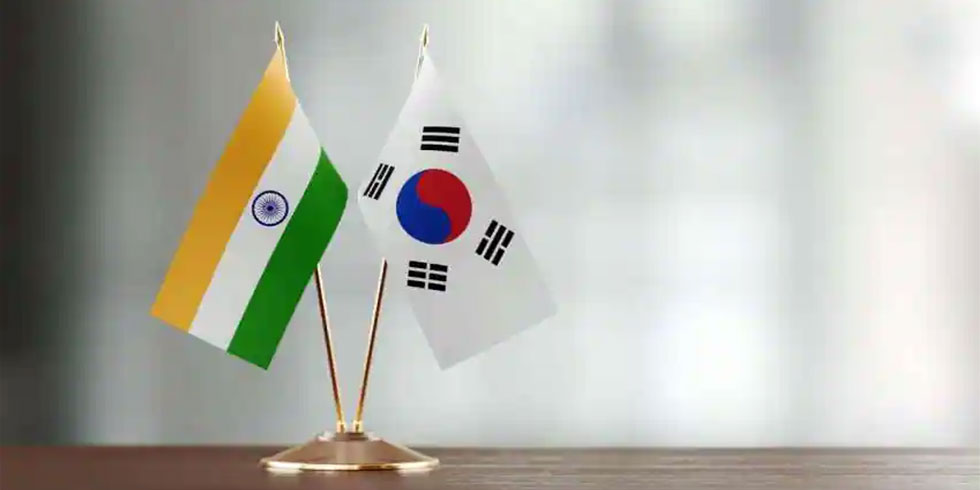
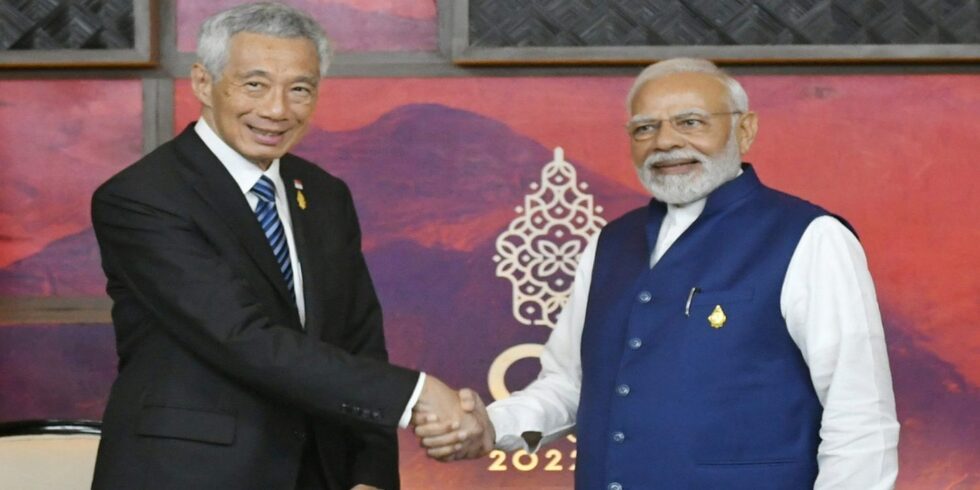







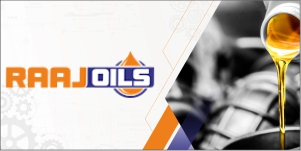
Add Comment